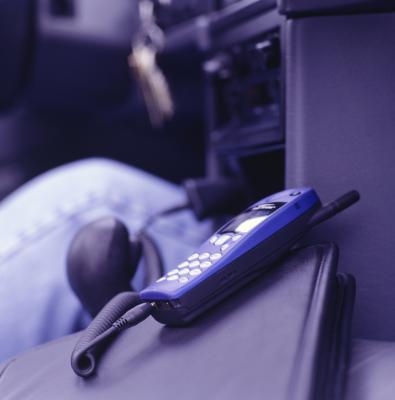
One of the main problems with Renault Megane cooling fan relays is its electrical component, and the electrics in some vehicles are prone to a higher failure rate. This is because they are more intricate in design and their circuits are more susceptible to external interference.
These are the first two components worth checking if your cooling fan is not turning on when you switch the air conditioning on -- which it should every time. As explained by AA1 Car, a good relay coil will typically read 40 to 80 Ohms, but if the resistance is high, even if the coils still works, the relay will not, and you will see a failure in the system. It may also fail when the electrical load on the circuit is too high for it to cope, which is referred to as a "cut-out." When the coil has no resistance, the relay will need to be replaced with a new one because it will never work.
The thermostat unit can stop cooling fan relays from working properly, since the two appear in series in the circuit, which means the electrical current moves directly between them so that when one is faulty, the other can be affected. If your relays are not performing well, you have the option to bypass the thermostat using a length of continuous wire. But the thermostat's function will then be lost if you cut it out of the circuit -- so bear this in mind before making final changes. Also check the integrity of the thermostat housing, which is responsible for temperature regulation as well, according to Car Tech Auto-parts.
Check the functionality of the fuse that links with the faulty cooling fan relay, as it may have blown or stopped working for some reason, and this can effectively prevent the relay switching on when it should. Most Megane cars have four relays working together in the compartment located on the inner nearside section of the dashboard, so it can be difficult locating the problem. Check each fuse in turn from top to bottom to fully understand the situation you have. Fuse 14 is a common error-prone area, as is the relay marked "d," which is small and the second relay down from the top.
Relays are connected to fuses and the rest of the circuit by electrical wiring. If the wiring is cut or damaged, the circuit is likely to fail, so examine all the relevant, nearby wires for faults. One common failure of wiring is not the structure of the actual wires themselves, but damage caused to the wire sheath or inner components by melting from hot, nearby machinery. Locate the wires that connect the fuses, thermostats and relays and identify any hot components that may be melting the wires or causing excessive interference, like a powerful circuit in the vicinity, such as a GPS tracker or an object you are transporting, like a stereo system. Interference is an issue with older cars, particularly with electronic key systems between frequencies of 418 and 433.92 Megahertz, according to motoring organization, The Automobile Association.